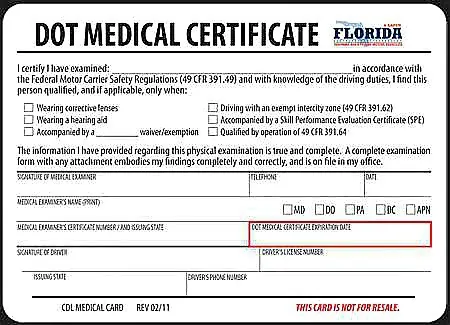Obtaining a CDL in Illinois offers a great chance to have a successful and fulfilling career. However, several factors can disqualify you from the commercial driving journey in Illinois, putting your livelihood at risk. Illinois CDL disqualification happens for serious reasons, from DUI, drugs, traffic offenses, failure to observe out-of-service orders, and more. Penalties for these can range from temporary suspension to permanent bans. Therefore, this article dives deep into the causes, and explains all the penalties attached to each, helping you understand what to avoid. Keep reading for more details and avoid unnecessary setbacks.
What is the Illinois CDL disqualification?
There are several CDL disqualifications imposed by Illinois regulations to maintain the safety of the public. Below is an in-depth breakdown of disqualification types with explanations for each:
Alcohol and drug-related disqualifications

Commercial drivers have strict rules in terms of alcohol and drug consumption, with implications for preventing impaired driving and thereby reducing accidents. These violations carry severe consequences including:
- Refusal to take a chemical test or exceeding BAC limits: A driver will be disqualified for at least 12 months after refusing chemical testing or after testing with:
- A BAC of 0.04% or higher while operating a commercial motor vehicle (CMV).
- A BAC of 0.08% or higher while driving a non-commercial vehicle.
- School bus drivers have even stricter limits BAC to operate a bus is 0.00%.
- Driving under the influence (DUI): A DUI conviction will result in a minimum of 12 months disqualification regardless of the measured BAC.
- Controlled Substances: Operating a CMV with any quantity of drugs or controlled substances in the system will result in disqualification for at least 12 months.
- DUI offenses with hazardous materials: Any of the offenses listed above that occur while transporting placarded hazardous materials automatically results in the driver’s disqualification for at least 3 years.
- 24-hour suspension for alcohol use while off-duty: A CDL holder found to have consumed alcohol off-duty and operating any type of vehicle may be removed from service for no less than 24 hours, even if they are below the legal BAC limit.
- Lifetime disqualification for repeated violations: Two or more alcohol- or drug-related offenses will result in permanent disqualification.
Serious traffic violations
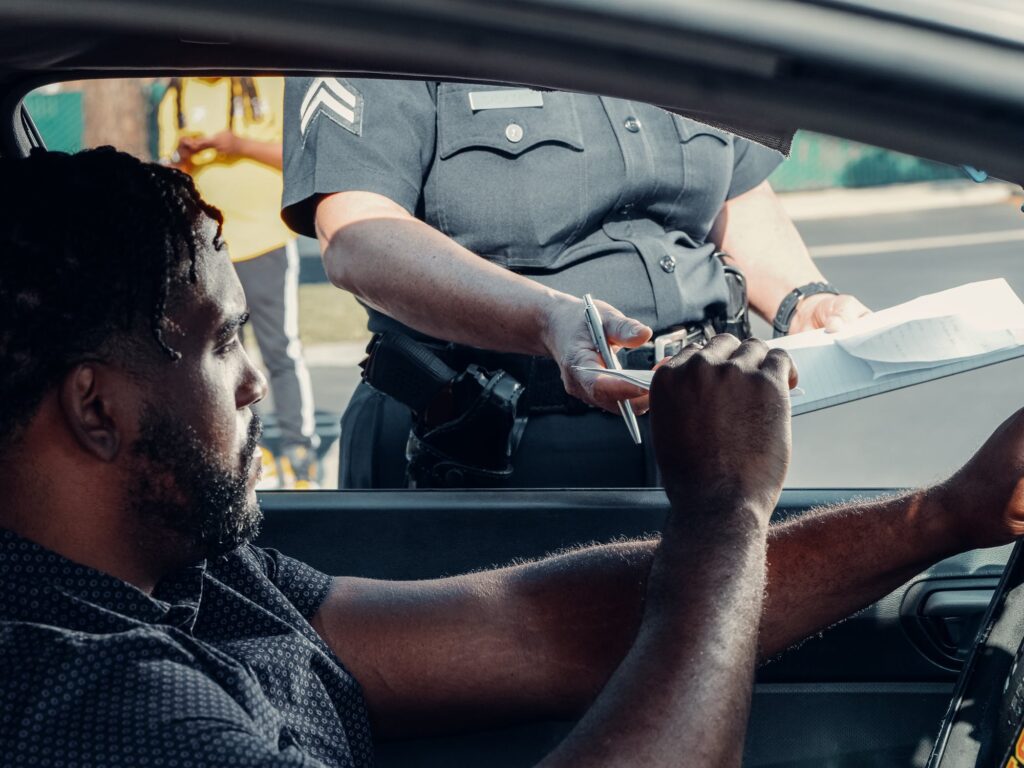
Some serious traffic violations will lead to disqualification, including:
- Excessive speeding: Operating 15 mph or greater over the speed limit is a serious violation in school or work zones
- Failure to slow down for weather conditions.
- Traveling over the speed limit when the view is obstructed.
- Reckless driving: This is a willful disregard for safety. Examples include:
- Passing a stopped school bus when its stop arm is extended.
- Ignoring pedestrians in a crosswalk.
- Driving on sidewalks or other hazardous behavior.
- Following too closely: Following distance should be adequate, which becomes important with heavy vehicles that need longer stopping time.
- Improper lane usage:
- Passing improperly on hills or curves.
- Failure to stay in the proper lane on highways.
- Driving in prohibited zones, such as school areas or left-hand lanes
Penalties for serious traffic violations:
- Two violations in three years: 60-day disqualification
- Three or more violations in three years: 120-day disqualification
Railroad-highway grade crossing violations
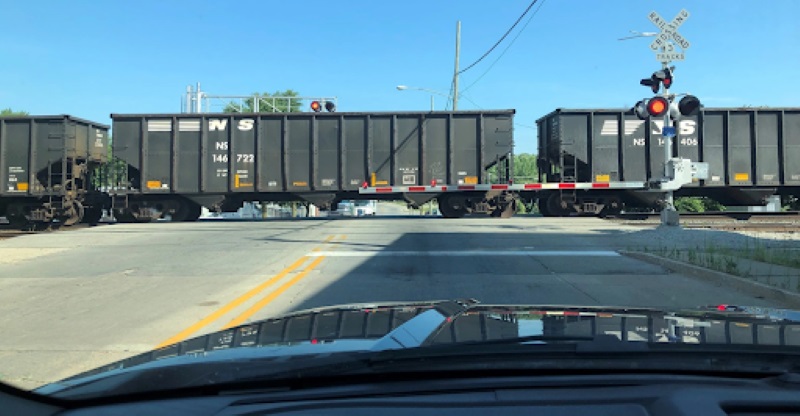
Some particular dangers from railroad crossings involve commercial vehicles. Disqualifications are applied for the following:
- Failure to stop when obliged to do so, particularly when tracks are not visible.
- Failure to slow down and look for trains.
- Driving onto a crossing without sufficient space to clear it completely.
- Failure to obey warning signals or enforcement officials.
Penalties for railroad violations:
- First offense: 60 days
- Second offense within three years: 120 days
- Third and subsequent offenses within three years: One year
Out-of-service order violations

Out-of-service orders are given when a driver or vehicle is deemed not fit to remain in operation due to safety violations or equipment failures. Failure to adhere to such orders incurs severe penalties:
- First violation: 90-day disqualification
- Second violation with 10 years: One-year disqualification
- Three or more violations within 10 years: Three-year disqualification
Felonies involving a CMV

Using a CMV in the commission of a felony or other crime listed below automatically disqualifies:
- Drug trafficking or manufacturing: Using a CMV to transport or distribute controlled substances results in a lifetime disqualification
- Leaving a scene of an accident: Fleeing the scene of an accident entails a minimum 12-month disqualification
- Fraudulent CDL applications: Using a false document or fraud in applying for a CDL or CLP entails a disqualification.
Hazardous materials endorsement disqualifications
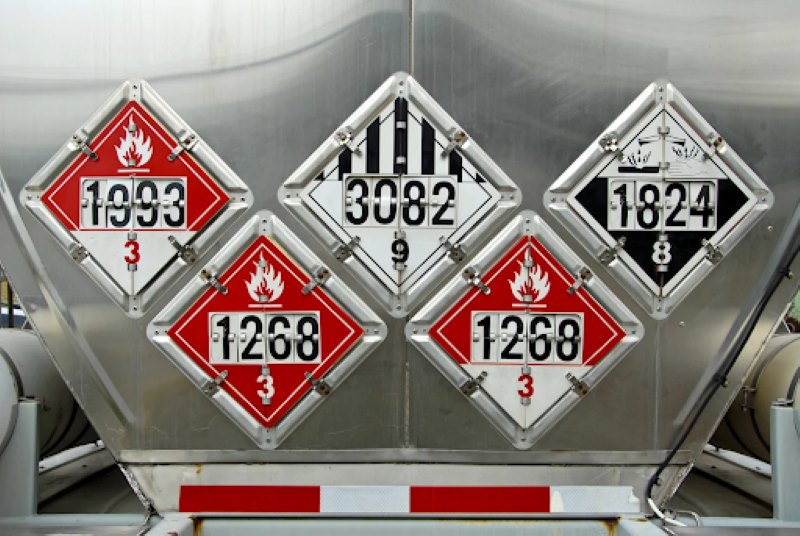
Drivers applying for or renewing a hazardous materials endorsement must meet federal background check requirements. Disqualification occurs if the applicant:
- Have convictions on felonies involving terrorism, controlled substances, or national security.
- Renounces U.S. citizenship or cannot provide proof of lawful residency.
- Be noted to be a security risk by the TSA.
Traffic violations committed in a personal vehicle
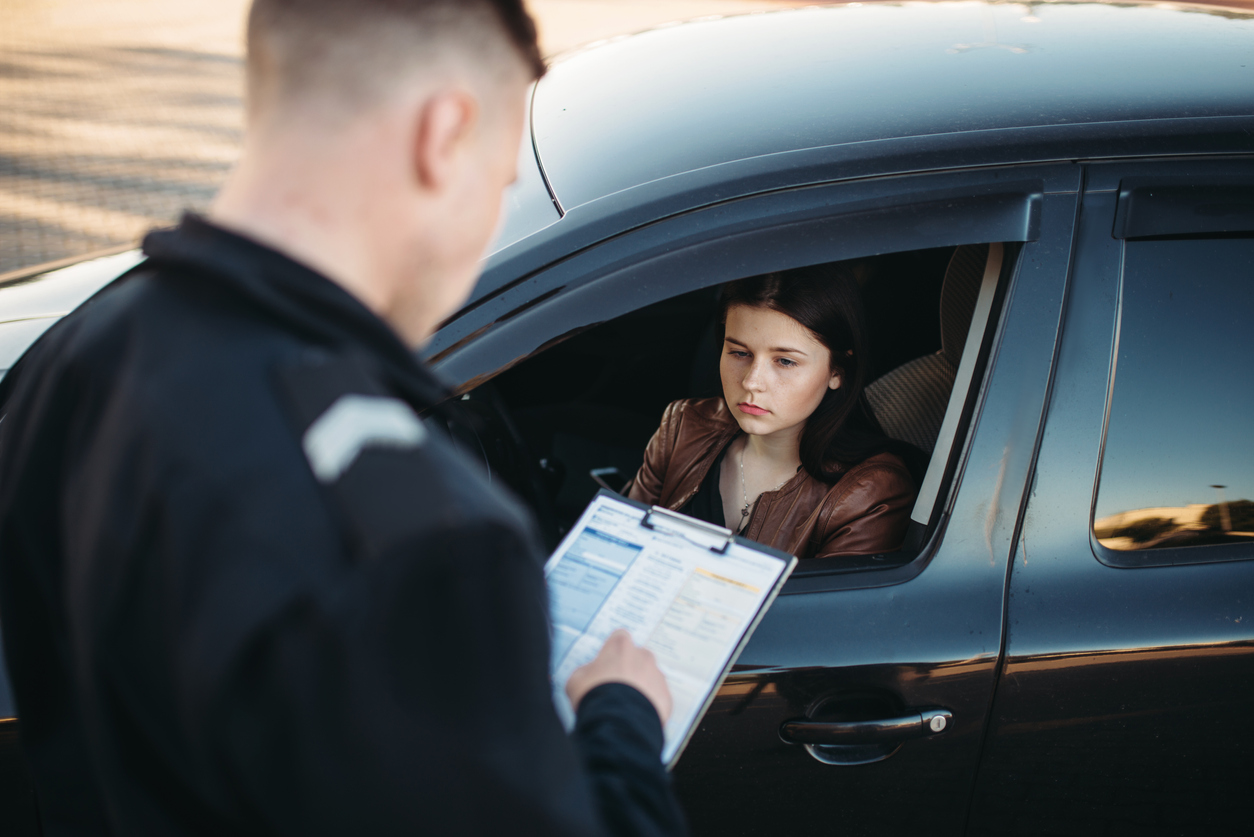
Certain traffic violations in a personal vehicle may result in the disqualification of a Commercial Driver’s License. The penalties and the rationale behind these disqualifications are important to note by the CDL holder:
- Traffic control violations (other than parking violations): If the driving privileges of your personal vehicle are suspended, revoked, or canceled for violations of traffic control laws, for example, speeding, running a red light, or reckless driving, then you will lose your CDL privileges.
- Alcohol, controlled substances, or felony convictions: If driving privileges in your personal vehicle are revoked, canceled, or suspended due to alcohol-related offenses, controlled substance violations, or felony convictions, you will be subject to a 1-year CDL disqualification.
- Second offense: If you are convicted of a second violation in either your personal vehicle or a CMV, you will be subject to a lifetime disqualification from holding a CDL
- No “hardship” license for CMV: If your personal vehicle driving privileges are revoked, canceled, or suspended, you will not be eligible for a “hardship” license to operate a CMV.
FAQs
1. What felonies disqualify you from getting a CDL in Illinois?
In Illinois, specific felony convictions will disqualify you from getting or keeping a CDL. Those include but are not limited to:
- Felony related to drugs, including possession and distribution of controlled substances.
- Alcohol-related offenses: The offense of driving under the influence while operating a CMV or your personal vehicle results in the suspension or revocation of your driving privileges.
- Felony crimes involving the use of a motor vehicle: Some examples are vehicular homicide or reckless driving resulting in serious injury or death.
Such convictions can lead to the loss of a CDL from one year up to life, depending on the severity and nature of the felony.
2. How can you lose your CDL in Illinois?
You could lose an Illinois CDL due to several reasons including:
- Traffic violations: Repeated serious violations in either your personal vehicle or a CMV can lead to loss of your CDL.
- DUIs: A DUI in your personal vehicle or while driving a CMV can result in the loss of your CDL.
- Out-of-service orders: Failure to comply with out-of-service regulations can lead to possible suspension or revocation of your CDL.
- Felony convictions: Felonies involving the use of a vehicle or any crime relating to alcohol or drugs can bring permanent loss of your CDL.
Final thoughts
Driving and retaining a CDL in Illinois is a serious responsibility. Several Illinois CDL disqualifications can result in the loss of your CDL. Commercial drivers should not only be knowledgeable about the rules and regulations but also practice safe driving on and off the roads. Keeping a clean driving record is the best way to ensure the validity of your CDL and protect your livelihood. Avoiding violations, especially those related to drugs, alcohol, or serious traffic offenses, will keep you in good standing under state and federal laws, ensuring your ability to continue working as a professional driver.


